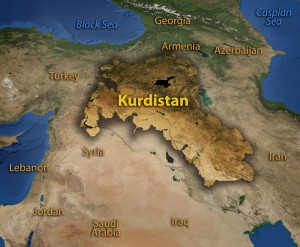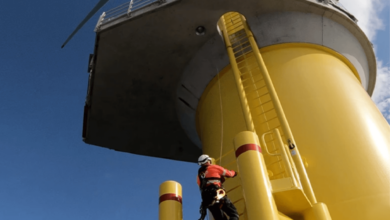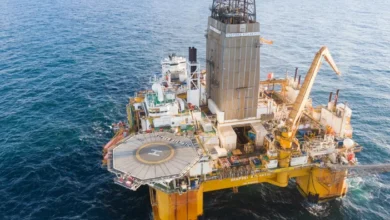Enhancing education remains key to building Kurdish work force competency
By Katherine Scott, editorial coordinator

If your company is operating and recruiting workers in the Kurdistan region of Iraq, respecting the local culture while encouraging better education is a necessary balance, said Eric Malcore, Kurdistan area manager for Weatherford. “The Kurds believe that being Kurdish is very important, which matters from a competency and nationalization standpoint because it affects how you deal with the local work force,” Mr Malcore explained at the 2012 IADC Critical Issues Middle East Conference in Dubai on 5 December. Moreover, he said, while cost and government requirements are large factors in acquiring local workers, “it’s really ethics that we nationalize for.”
An independent region of approximately 4.5 million people, Kurdistan has a relatively young population, something oil and gas companies in the area should bear in mind. “You have guys who are 25- to 30 years old or you have very old men. In the middle, there’s not a whole lot else.” Due to the number of Kurds that left during periods of turmoil and the general insulation of the region, residents have fallen behind in acquiring critical skill sets, Mr Malcore explained. This means that recruits are typically inexperienced.
A Kurd will generally quit public school around 15 years old, Mr Malcore said. For those who remain in school, a shortage of facilities means that students often have to share classroom time, permitting only four hours a day of education. “That makes a huge difference on what they learn, what they comprehend and where they end up.”
Kurdistan’s seven major universities are also fairly new; just one existed 10 years ago, said Mr Malcore, explaining that since most have been created in the last few years, the maturity levels of the programs are poor. Therefore, he continued, graduates are not on par with international standards. “Culturally they’re just not ready to work for us.”
The first step toward obtaining more qualified personnel, Mr Malcore believes, is breaking the language barrier. Most oil and gas companies in the region operate in English or Arabic, but the majority of locals speak only Kurdish. That makes it difficult to develop worker competency, he said. “They can’t attend training classes until they learn a basic level of business English.” Because Weatherford has almost 700 employees working in Kurdistan, 50% of whom are Kurdish, the company has invested in providing English classes. “We also do a shadow program for every expatriate to have a Kurd trainee follow them around to get a sense of the work,” he said.
Co-presenting with Mr Malcore at the Dubai conference was Mohamed Fahmi, a young Kurd serving as Weatherford’s public relations officer for local operations. The company has identified him as a future manager for the organization in Kurdistan and encouraged his attendance at the conference to further his career development and expose him to the international oil and gas industry, Mr Malcore said.
Presenting information on the nationalization efforts of Kurdistan’s Ministry of Natural Resources (MNR), Mr Fahmi noted that the MNR places pressures on the oil and gas industry because of its size and presence. Efforts to increase local staffing levels are also driven by the area’s high unemployment rate.
“Our strategy is to work with the MNR so that we can identify any gaps in hiring local workers,” Mr Fahmi said. Proactively, companies should provide nationalization lists and inform the ministry of future plans, he urged. “Fill out a list and show (the MNR) how many local staff the company has hired. ”
Companies should also be careful of nepotism, Mr Fahmi added. “We avoid hiring family, relatives and friends because we at Weatherford think that everyone deserves a fair chance to work for the company.”
To further develop the worker pool in Kurdistan, Mr Malcore suggested that industry continue to meet with local universities to express what companies need from graduates, i.e., better grading standards and courses in English and Arabic. “I have talked to the dean of every university in Kurdistan, and they all have committed to improving, or making mandatory, English classes.” Companies should also do its part by employing student interns as internships are a requirement for some programs. “Any companies that are in Kurdistan need to be encouraged to help universities specifically in this case.”
Mr Malcore acknowledges that Kurdistan is still a new area for the oil and gas industry, and only in the last five years has “anybody drilled any significant wells,” but industry must engage with Kurdistan universities and its government in order to assist with the grassroots development of local workers and further encourage operations in the area.




